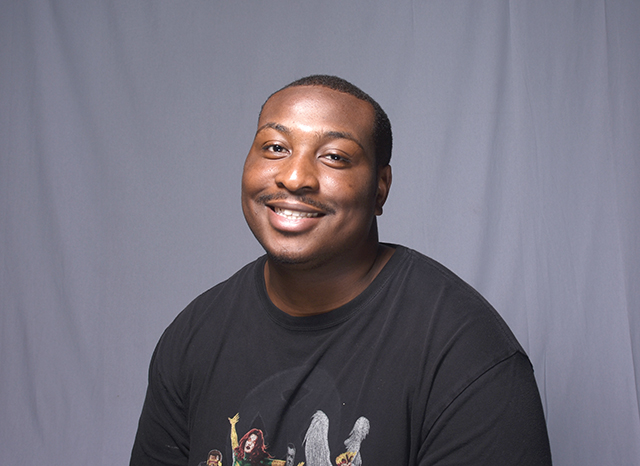Aaliyah Singleton | Staff Writer
For me it is hard to see anyone or anything as the “new” Black mainly because while we all can share in understanding another’s struggle it is hard to ever say that my struggle is the same as someone else’s. In particular, Black people have had a very unique experience of living in America, so to have Native Americans and other minority groups, to be fair, but to say that our trials and tribulations were somehow in the same vein as Native Americans or the Italians or Polish is difficult to swallow.
Every group has undeniably a grand story to tell in regards to the lineage of their people and their history in America.
All minority groups who have journeyed to America has been combated with American bigotry and nativism, reworked drug policies and some level of police brutality throughout their short time here. However, for the majority of these groups this oppression would fade, for African-Americans or Black people, it largely has not.
For the majority of our time here we have toiled under systematic degradation and oppression. To almost simple-mindedly proclaim there is a new Black is to create a blanket term that fails to acknowledge the continued work that needs to be done both in larger American society but also within the Black community itself.
To have a new anything, something else has to be old, done, finished. Black people to say the least are not finished. To make that assumption is to state that Black people have graduated from an unspoken second class citizenship, from the struggles of doing any kind of activity while Black, from inequality and racial disparities both in the classroom and on the job, but also in the criminal justice system.
Within the community, we would be so over colorism, and the seemingly generational debate over the usage of the N-word would be no more. In addition, we wouldn’t need to have a discussion about black appropriation seemingly every Grammy period, especially with those that fail to recognize its existence or the fact that they benefit from it (Iggy Azalea cough, cough) and finally–yes, finally–we might be able to say that there is such thing as Black privilege. As if, in reality, none of this has happened yet, and thus to say that in someway we are at a point that we can even begin to move on to the newest marginalized group is disappointing to say the least, and a at worst another example of America’s continued disdainment with the plight of African-Americans.
While I believe everyone wants to be able to attain that grand dream of equality and universal acceptance let’s not be so quick to become so completely color blind that we forget about our history and what our ancestors were able to accomplish in spite of the challenges thrown at them.
In recent months, celebrities such as Raven Symone and Pharell have sparked debates over referring to one’s self as Black. Many have countered with the simple exclamation of Black or African-American: either way same thing right? Actually, wrong.
The difference is that when one uses the term Black you are making a political statement, as it originated in the 70’s as part of the Black is Beautiful movement. Whether it is a consciously made decision or not, your usage of the term Black is a political statement of your affirmation that your Black is beautiful, whatever shade that might be. That your life matters, that you deserve the same rights and level of decency as anyone else.
While I see what the colorblind movement is trying to accomplish, what I fail to see is any kind of color affirmation or empowerment. Just because I am colorblind does not mean I need to be so blind that I fail to embrace the pride of my ancestral lineage.
Whether you’re colorblind or not, you still have a color.
Why not embrace the term Black? As a person of African descent you have literally been making a number of political statements since birth. Consider how you choose to style your hair, or the way you dress. Even the way that you talk, the music you listen to and the people you choose to date say a lot about what kind of person you are and what you stand for. The concept of being Black is so much bigger than the superficial idea that because one is literally not the color black then they cannot be Black.
Thus to be Black is a state of mind, while one simply is African-American based on the Americanized system of using geographical origin as a means of .
To be African-American is analogous to being Japanese or Irish-American–you were born in the US, and yet your ancestral people originate from elsewhere. A system more rooted in America’s nativist tendencies than ancestral pride.
To be Black is to acknowledge and proclaim your ancestry as well as the political attributes that go with it.
During this month of February, the one month amongst eleven consecutive months where all we are taught is history based on the perception of the white male conquerors, we as a people should be proud to celebrate our lineage. We come from a strong, proud people, thus the same way that Jews have no shame in their game when they go celebrate Yom Kippur or Passover, we should not feel at all embarrassed or ashamed to celebrate the great things our ancestors have done, because our Black has and always will be beautiful.








